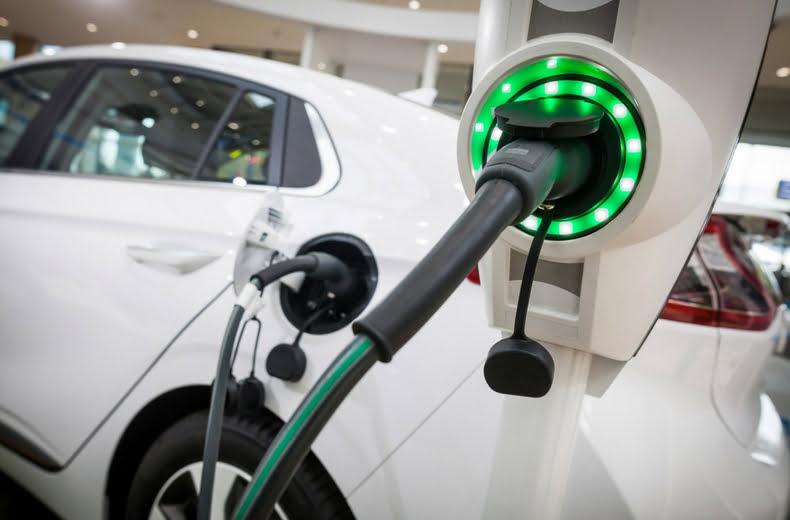The sale of new fossil fuel powered light vehicles will be banned in the Australian Capital Territory from 2035, the territory government revealed Monday, as its state counterparts also moved on increasing low emission vehicle uptake.
The ban – set to apply to light vehicles like passenger cars, motorcycles and small trucks – was confirmed by the territory’s minister for Water, Energy and Emissions Reduction, Shane Rattenbury, ahead of a new zero-emission vehicles strategy to be launched on Wednesday.
The strategy includes new programs and incentives to speed the take up of low emissions vehicles and set a target of nine in 10 new vehicle sales in 2030 to be zero-emission models.

“Our intent is for no new emission vehicles to come into the market from 2035,” Mr Rattenbury told The Canberra Times.
“I want to be very clear that the intent is not to take people’s cars off the road at 2035 if they’re still driving an internal combustion engine, but simply to make sure no new vehicles come into the market. That’s the way of really, I guess, driving that transition.”
Mr Rattenbury, the Greens leader in the Australian Capital Territory, said the average lifespan of a car there is nearly a decade, and the ban is designed to provide certainty to buyers.
He said the legal mechanisms to establish the ban will need to be worked out in consultation with neighbouring states and the federal government but the territory “can’t afford to get to 2034 and suddenly make an announcement like this”
The Australian Capital Territory was powered by 100 per cent renewable energy in 2019 and the transport sector now accounts for 60 per cent of its emissions.
Last month, the European Union countries agreed to end sales of combustion engine vehicles by 2035. A similar cut-off date was recommended in Victoria earlier this year, while the Grattan Institute recommended a 2035 deadline Australia-wide.
“Other Australian states and territories must now follow the lead of the ACT and other jurisdictions around the world,” said Greenpeace Australia Pacific senior campaigner Lindsay Soutar.
“Doing so will unlock a myriad of benefits for citizens, our towns and cities, and our environment.”
The move in the nation’s capital comes as the New South Wales and Victoria governments announced a joint $20 million investment on hydrogen refuelling stations along Australia’s busiest freight highway.
The funding will come through a Hume Hydrogen Highway grant program for the design and delivery of renewable hydrogen trucking.
“This initiative aims to show the potential of renewable hydrogen for heavy vehicles with the goal of transitioning the freight sector to zero emissions energy sources,” New South Wales Treasurer Matt Kean said.
Queensland is also involved in the project after signing a memorandum of understanding in March, but the $20 million funding for the Hume Highway stretch comes from Victoria and New South Wales.
On Sunday the Queensland government announced more than 10,000 EVs had been registered in the state. Five years ago, the number was 525.
In Queensland, electric vehicle rebates of $3,000 are offered for select vehicles and the government has committed to expanding the network of charging infrastructure further inland under the state’s $55 million zero emission vehicle strategy.
The state’s Transport minister Marl Bailey said the government will work with federal Labor to get more EVs on Queensland roads.
“We welcome the Albanese Government’s commitment to remove import tariffs and fringe benefits tax on many electric vehicles, which will make it much easier for Queenslanders to get behind the wheel of a zero-emission vehicle,” Mr Bailey said.
“I’m looking forward to discussions with the new government on how we can continue to improve Queensland’s zero-emission vehicle uptake.”
Do you know more? Contact James Riley via Email.

